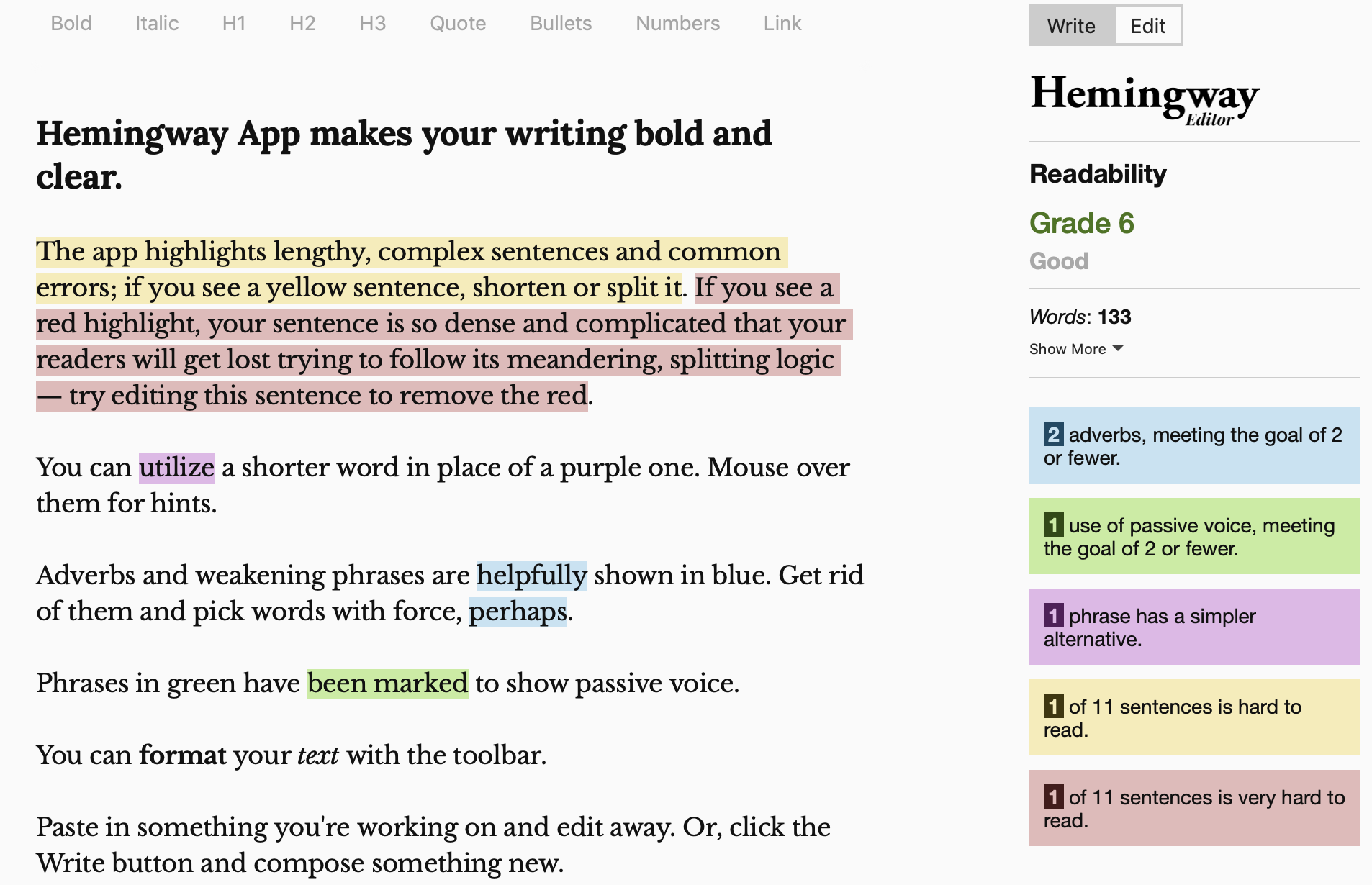Good writing
I have enjoyed three activities all my life, sailing, working with my hands, and writing. I have written poems, plays, novels and thousands of business papers. Today I write this blog, among others.
The craft of English writing has changed since I learnt to write. I am sure the same is true of other languages. To my shame I can only address the changes to English writing.
Plain English
I thought I learnt to write well at school. However, a young Canadian, who came to Hong Kong in the early 80’s, taught me about Plain English. I thought it odd that this movement began in the USA and Canada. After all, the UK surely is the home of good English writing? Chaucer, Shakespeare, Dr Samuel Johnson, Sir Winston Churchill among many others, were writing pioneers. But, as in other ways, the UK had fallen behind. The New World had taken over.

Today every self-respecting writer, journalist and TV presenter believes they follow Plain English best practice. If they do not, editors will come to their aid! What zealots there are too, to keep writers on the narrow path of English language political correctness.
The guardians of Plain English in the UK, started in 1979.
They have clear ideas and helpful guides about Plain English.They state that Plain English is:
- Stopping and thinking before you start writing. Make a note of the points you want to make in a logical order.
- Preferring short words. Long words will not impress your customers or help your writing style.
- Using everyday English whenever possible. Avoid jargon and legalistic words, and always explain any technical terms you have to use.
- Keeping your sentence length down to an average of 15 to 20 words. Try to stick to one main idea in a sentence.
- Using active verbs as much as possible. Say ‘we will do it’ rather than ‘it will be done by us’.
- Being concise.
- Imagining you are talking to your reader. Write sincerely, personally, in a style that is suitable and with the right tone.
- Always checking that your writing is clear, helpful, human and polite.
You can receive training, get advice from editors and even become accredited in Plain English from the Plain English Campaign.
So far so good.
And then there are the apps. Most do a good job in helping writers structure their thoughts. Many are helpful, like Plain English, in encouraging simple and clear writing. We can learn a lot from them. Of particular interest to me is Hemingway, a desktop app for PC and Mac. Like its namesake, the famous writer, Ernest (Hemingway), Hemingway, the app, encourages us to use short, unambiguous phrases and sentences. Here is how it looks:

It is a good tool and I use it often to pick up mistakes in my writing. I corrected a few from my first draft of this article. Here was my original opening:
I have enjoyed three activities all my life, sailing, working with my hands, and writing. From my teens, I have written poems, plays, two novels (both very bad) and thousands of business papers, reports, proposals and analyses. Today I write this blog, among others.
Hemingway encouraged me to shorten it to this:
I have enjoyed three activities all my life, sailing, working with my hands, and writing. I have written poems, plays, novels and thousands of business papers. Today I write this blog, among others.
I think this lacks the colour of the original, but it is much easier to read.
Notice however, the words coloured blue in the App blurb above. These are so-called ‘qualifiers’; they could be adjectives or adverbs. Hemingway tells us to use a ‘forceful verb’ instead.
The app does not like ‘I think’ in my sentence above, for example. I should be bold and write: ‘…This lacks the colour of the original, but it is much easier to read’. Notice what happens to the meaning of this sentence, though, with the removal of the words ‘I think’.
My opinion becomes a fact.
This is one of the most dangerous aspects of modern writing. The media bombard us with ‘facts’ that are nothing of the sort. They are merely the opinions of writers, editors and broadcasters. Others will then disagree with them and voice their ‘facts’. The reality is that there are few blacks and whites: the world consists of greys.
In a brilliant piece in Hong Kong’s South China Morning Post on September 9th, Alex Lo writes:
In this city, now completely politicised, there are no neutral facts to be had, not important ones anyway. They have been relativised and weaponised; and which versions you subscribe to depends on the social and political tribes you belong to and agendas you advocate.
He concludes:
A pervasive culture has evolved in Hong Kong that relativises “facts”, which are only acknowledged if they fit a higher truth or the accepted narrative of the tribe you belong to. In such an environment, even the most accurate journalism can’t help us.
Alex, you have my respect and admiration. However, if editors and writing aids were to allow good journalists to have opinions and to express them as such, would this not encourage more balanced views?
Worked on the article:

Wanlikhang






